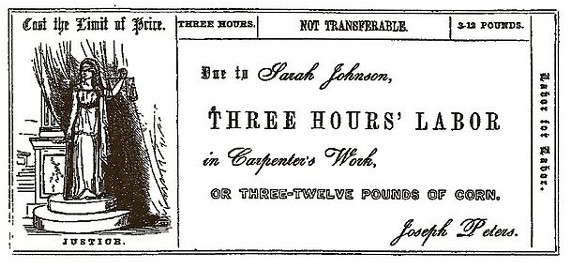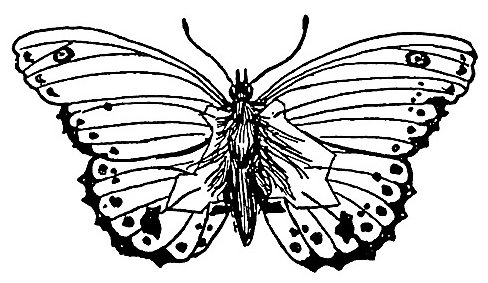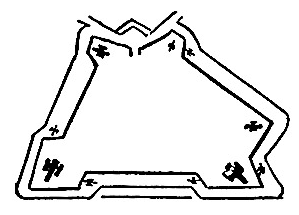
In 2004, Livermore, Calif., paid Miami artist Maria Alquilar $40,000 to create a ceramic mural outside its new library. Its pride was short-lived: The mural misspelled the names of 10 of the 175 historical figures it honored:
Nefertite
Thesues
Michaelangelo
Shakespere
Clara Schuman
Paul Gaugan
Vincent Van Gough
Albert Eistein
German chemist Otto Beckmann’s name was spelled Beckman, and Italian sculptor Luca Della Robbia’s name was spelled Luca Della Robia.
“The most egregious is Einstein,” library director Susan Gallinger told the San Francisco Chronicle. “That’s the worst one.” Livermore is home to the Lawrence Livermore National Laboratory.
Unfortunately, California state law bars the city from removing or changing public art without the creator’s consent, so the city council had to pay Alquilar an additional $6,000 to correct the errors.
The artist was unapologetic. “The people that are into humanities, and are into Blake’s concept of enlightenment, they are not looking at the words,” she told the Associated Press. “In their mind, the words register correctly.”



